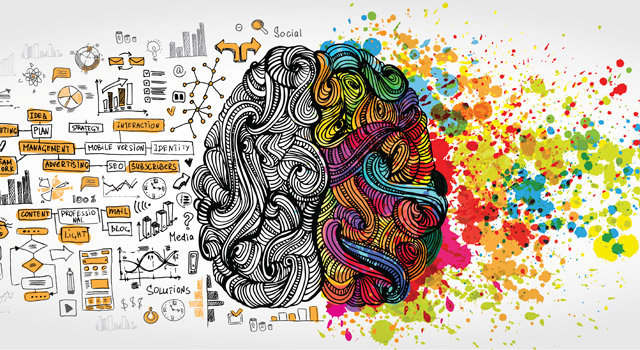Genre - Psychology. You are on the page - 1

ctor, whether one looks from one eye to the other, or from some more distant object to one's own eyes, the eyes may be seen now in one position and now in another, but never in motion." This phenomenon was described by Graefe,[6] who believed it was to be explained in the same way as the illusion which one experiences in a railway coach when another train is moving parallel with the coach in which one sits, in the same direction and at the same speed. The second train, of course, appears

get such well-known things as their own name, place of birth, or age; were unable to recognize the denominations of coins, etc. He noted, however, that although the answers these patients gave were false, they had a certain relation to the question. For instance, coins of a lower denomination would be mistaken for higher ones, postage stamps were called paper, etc. They also showed a marked tendency to elaborate all sorts of false reminiscences about their past life. Along with this failure of

nately we are not without a clue to his methods--henot only had the best of teachers, but continued his training all throughhis life. When we consider his labors, the claim of the busy man of to-daythat he has "no time" seems almost frivolous.The thoughts of Marcus Aurelius (of which the following citations arefrom Long's translation) were written, not for self exploration, nor fromdelight in rounded periods, but for his own guidance. That he was in factguided by his principles no

and toAgatha, who was looking charming in white and pink,with glittering wheat-ears in her hair, when Wilsoncame twitching at my sleeve."You want something positive, Gilroy," said he, drawingme apart into a corner. "My dear fellow, I have aphenomenon--a phenomenon!" I should have been more impressed had I not heard thesame before. His sanguine spirit turns every fire-flyinto a star. "No possible question about the bona fides this time,"said he, in answer, perhaps,

of the trouble, the invalidgets "well" only to drag out a miserable existence or to get veryill again.Although any nervous suffering is worth while if it is the means ofteaching us how to avoid nervous strain, it certainly is farpreferable to avoid the strain without the extreme pain of a nervousbreakdown. To point out many of these pernicious habits and to suggest apractical remedy for each and all of them is the aim of this book,and for that reason common examples in various phases

